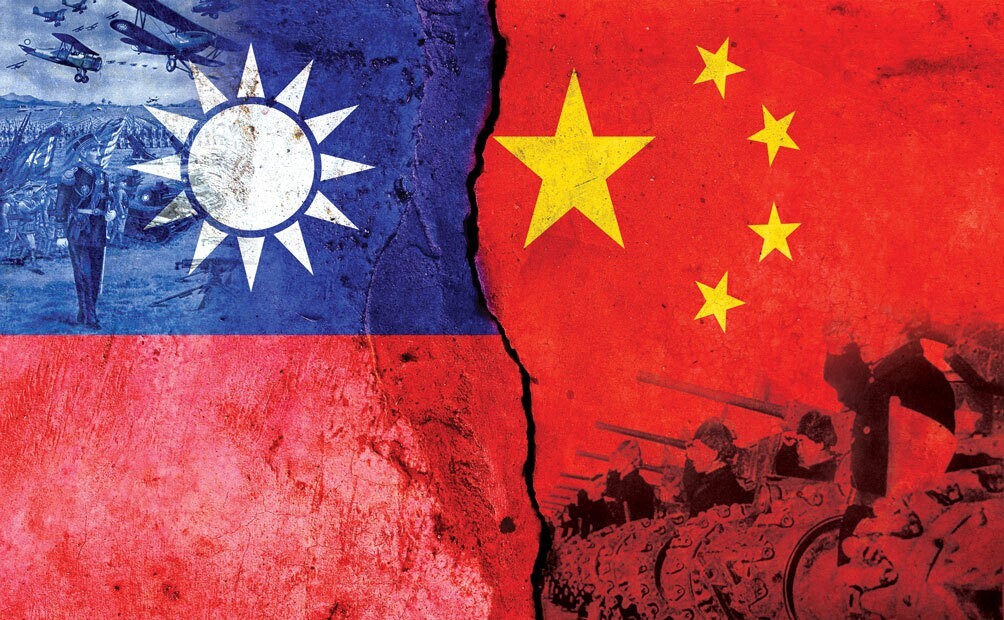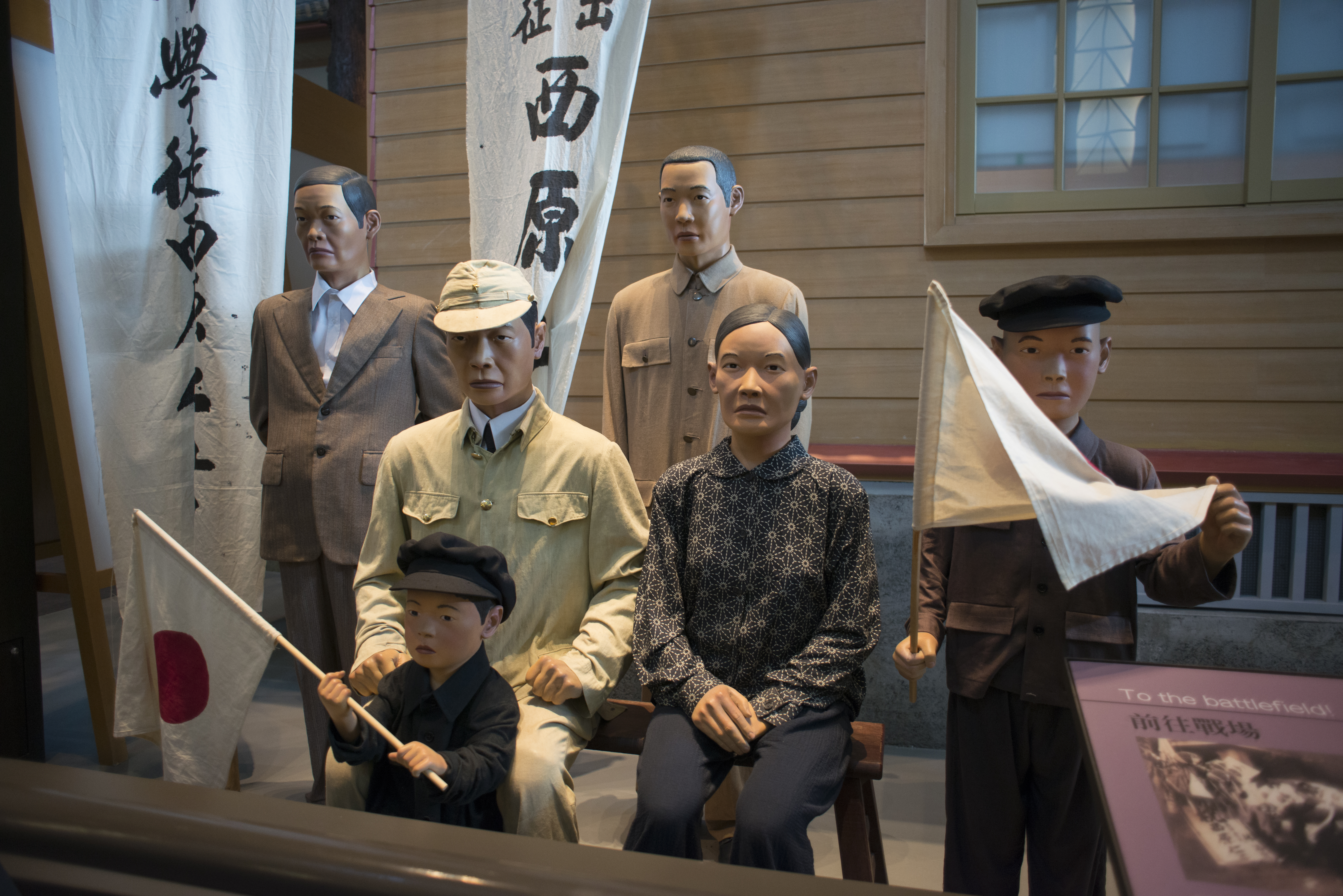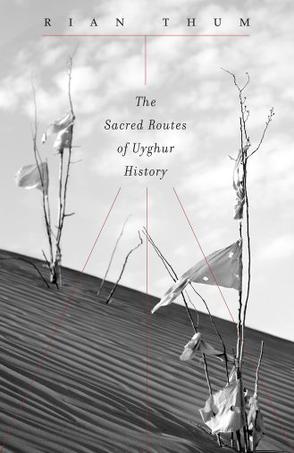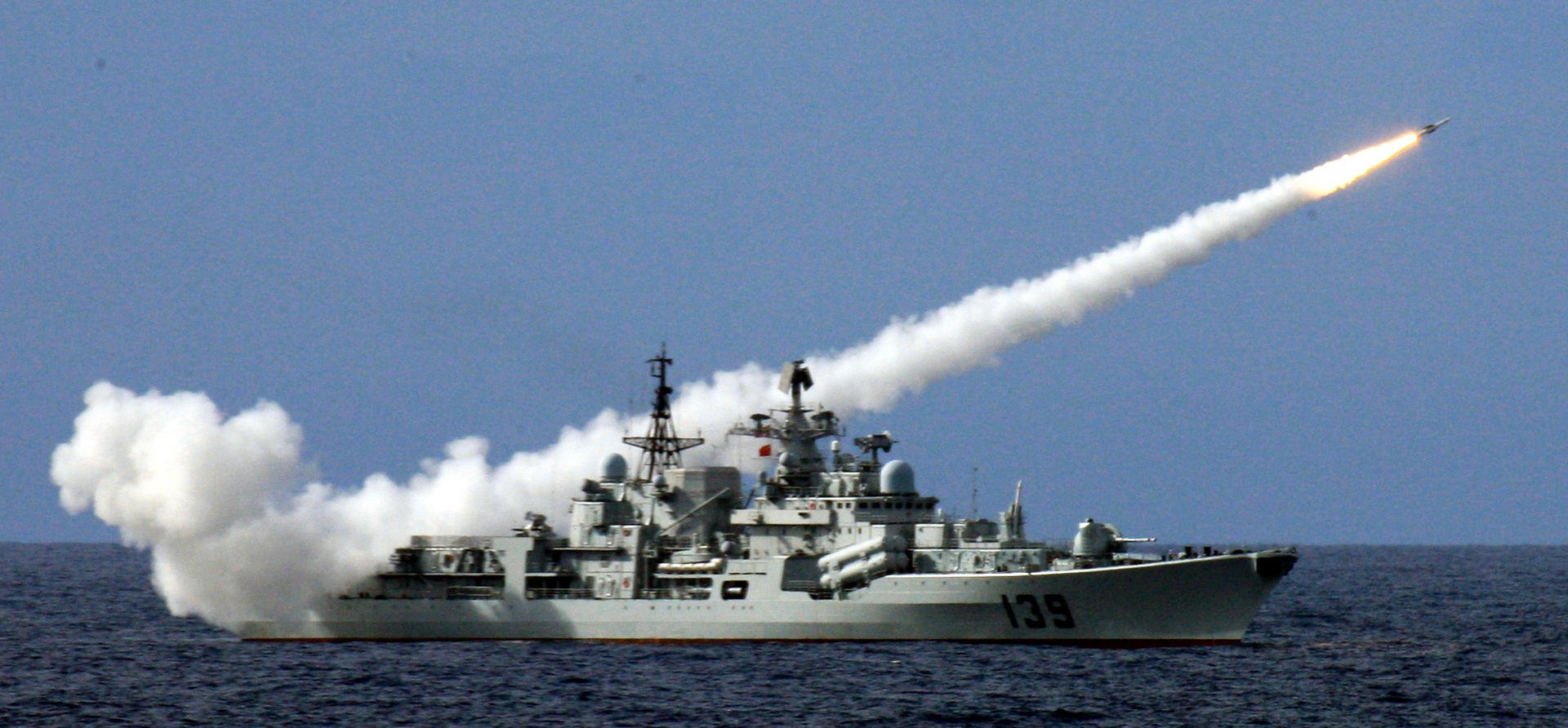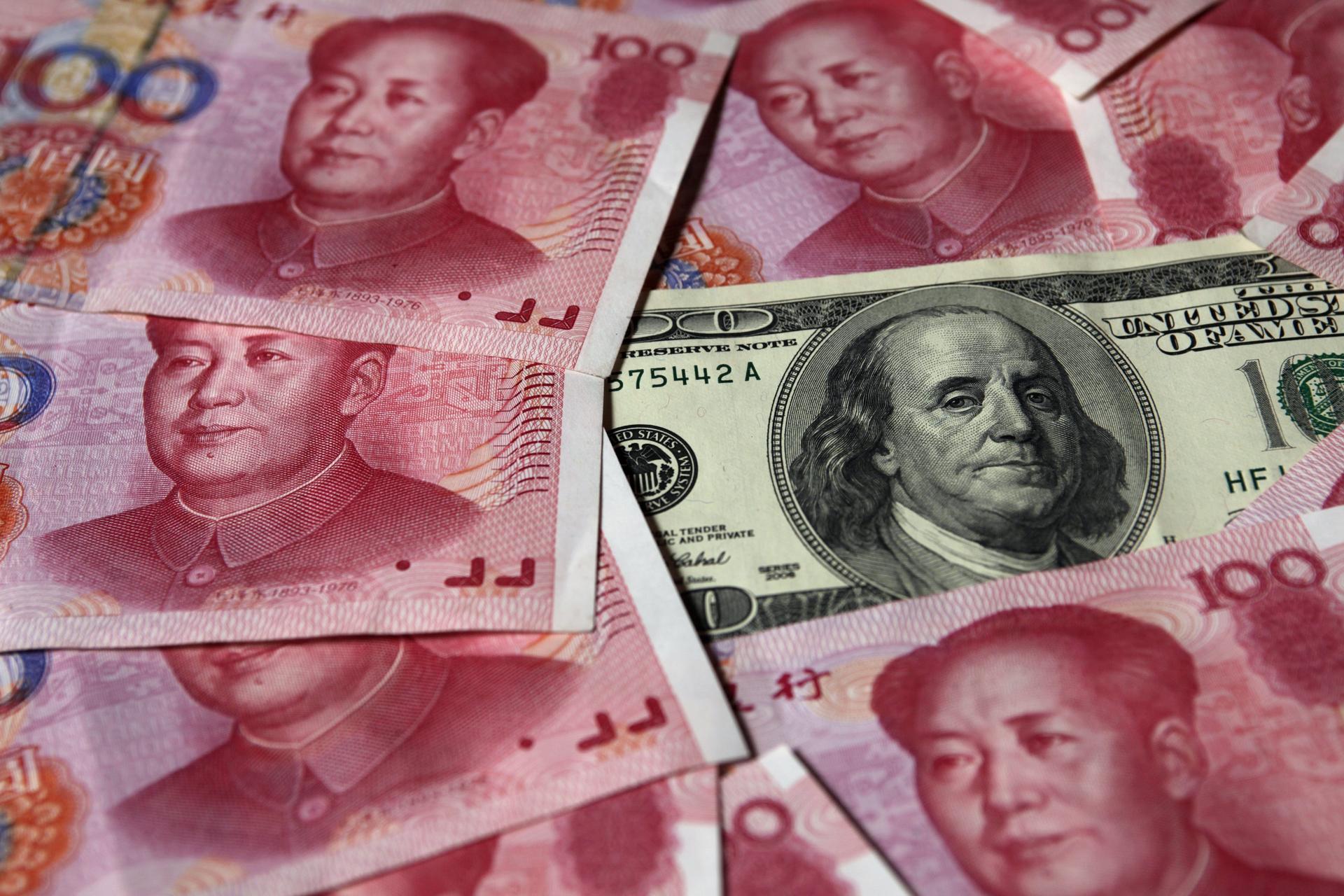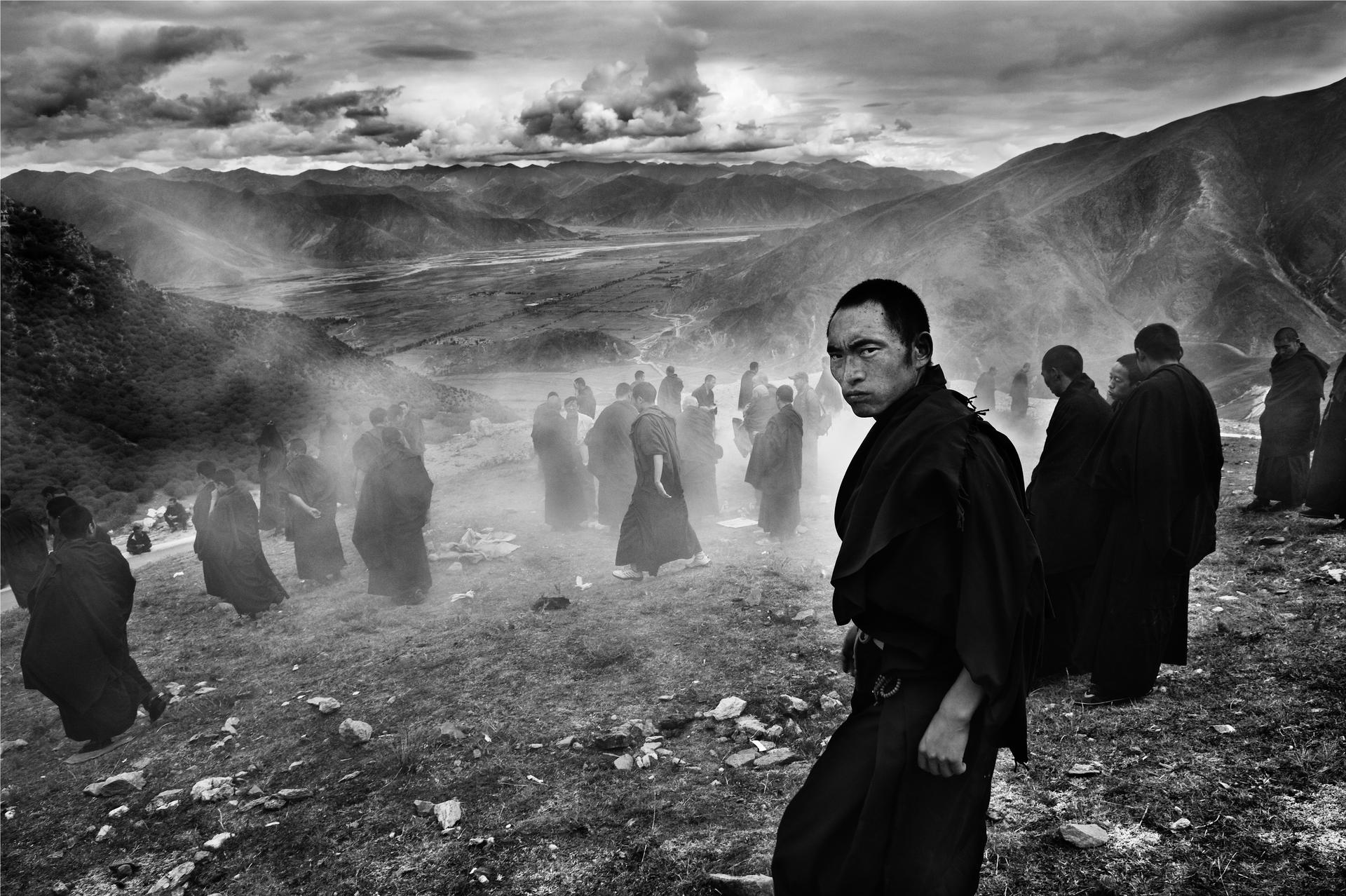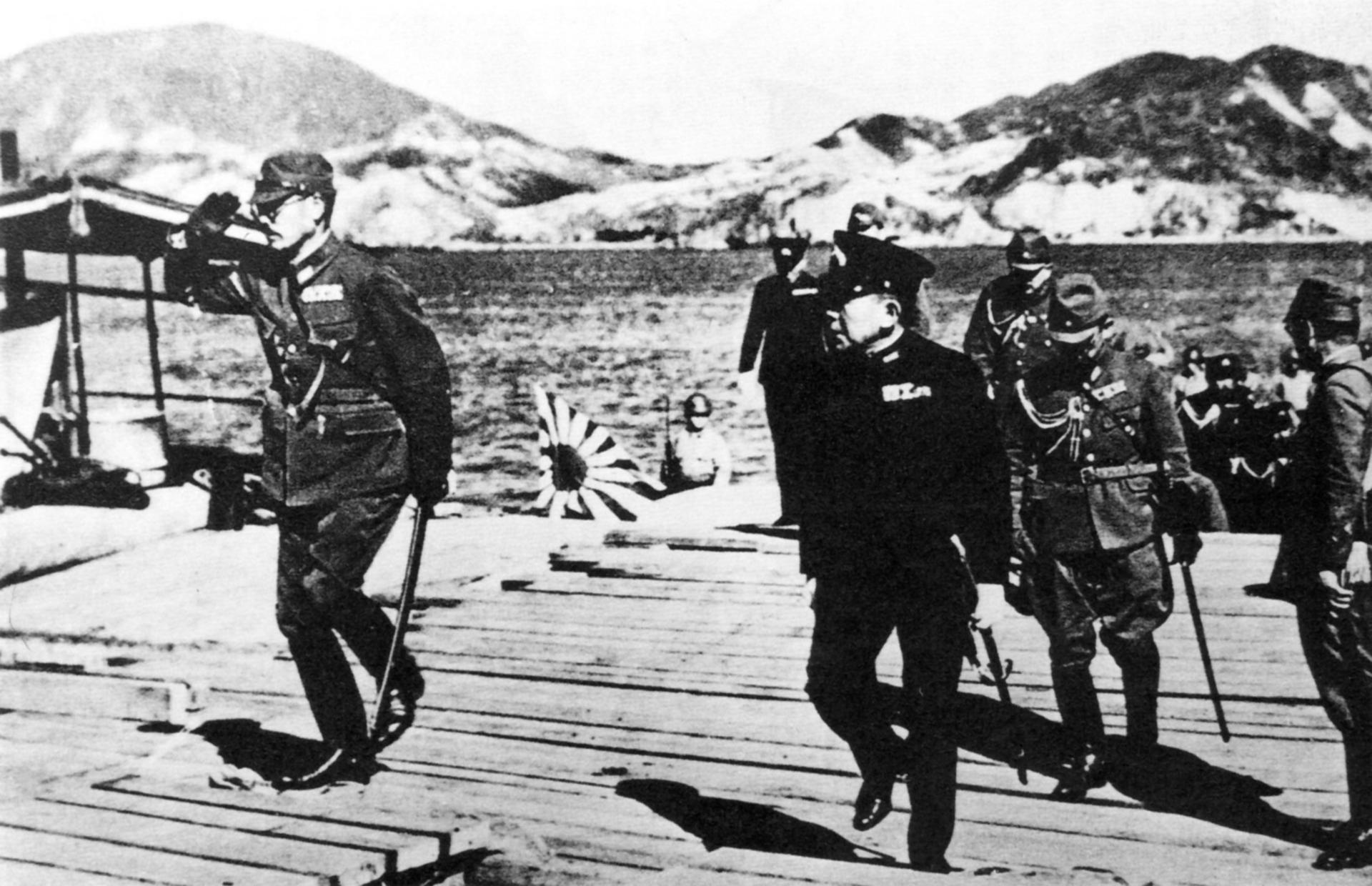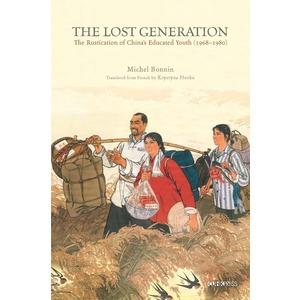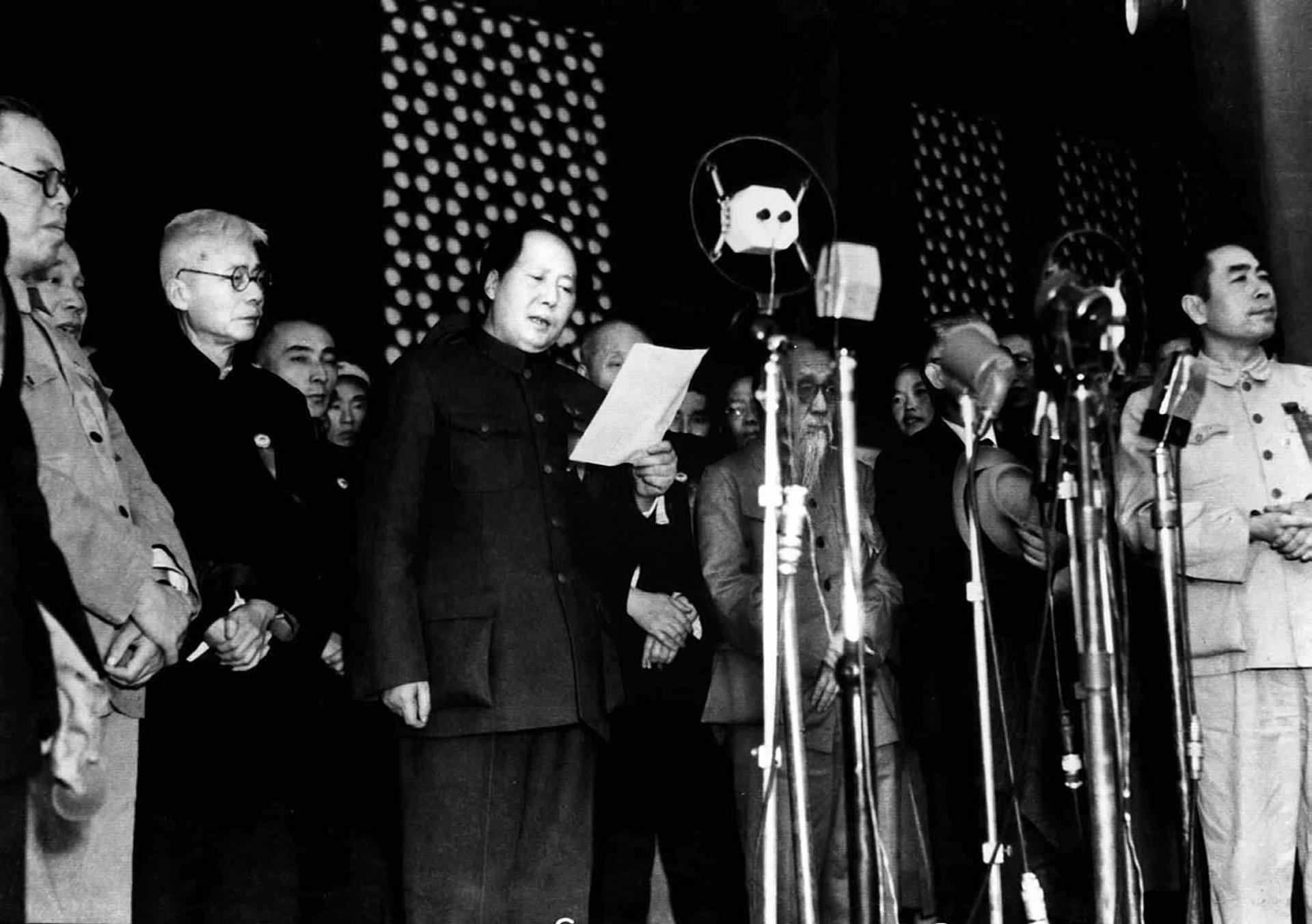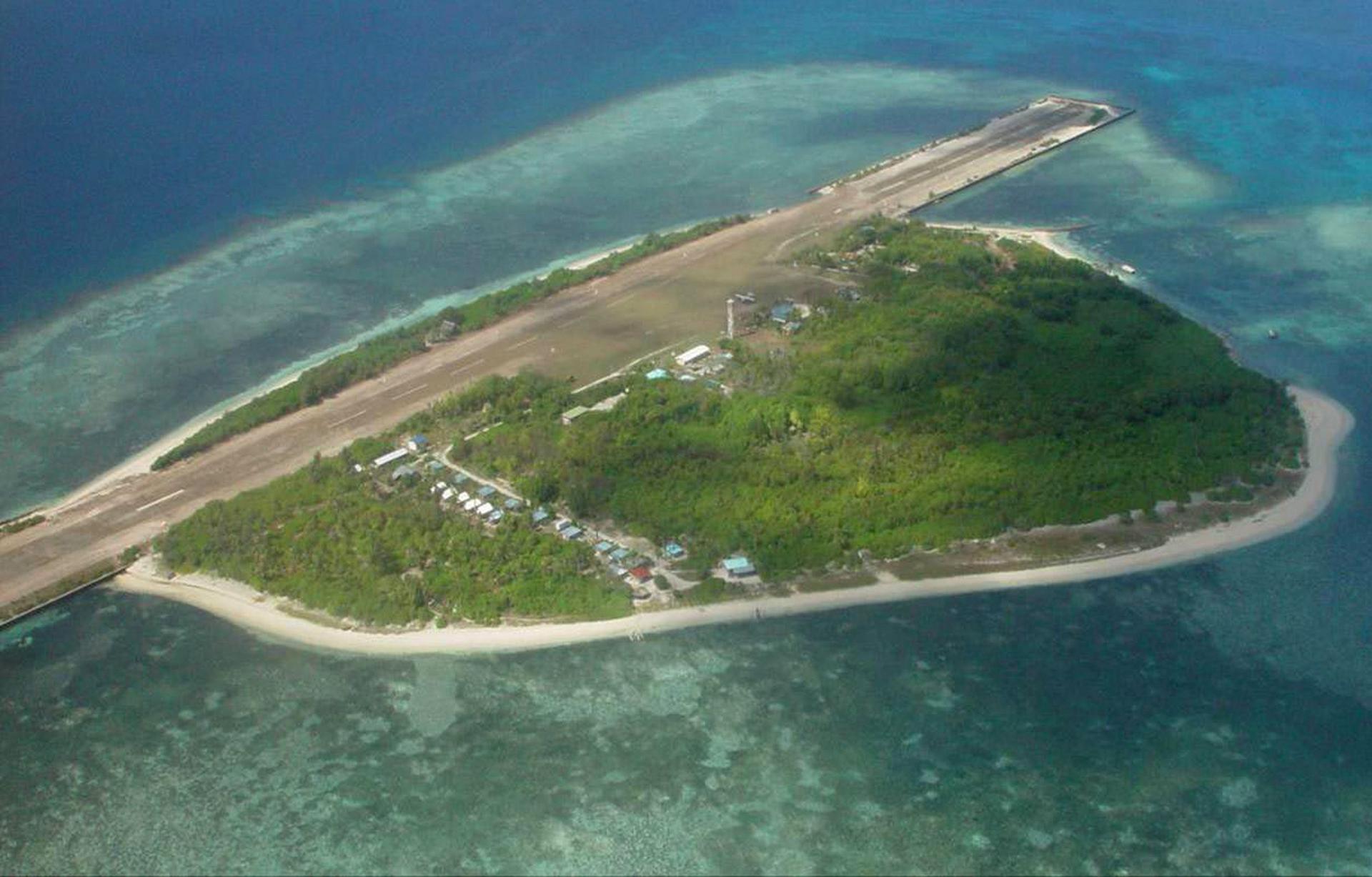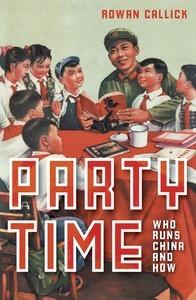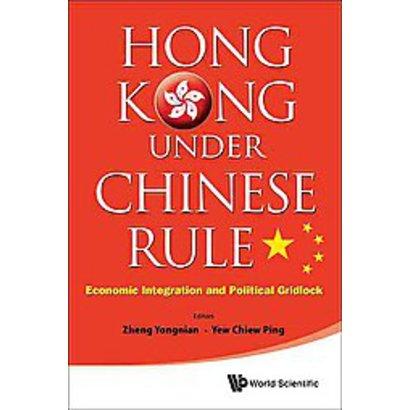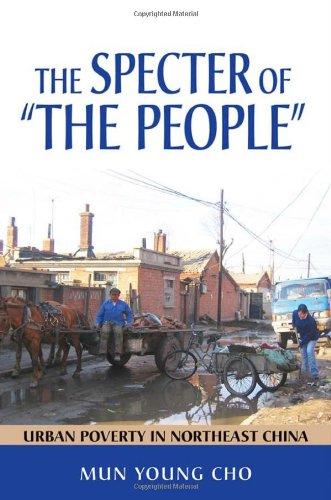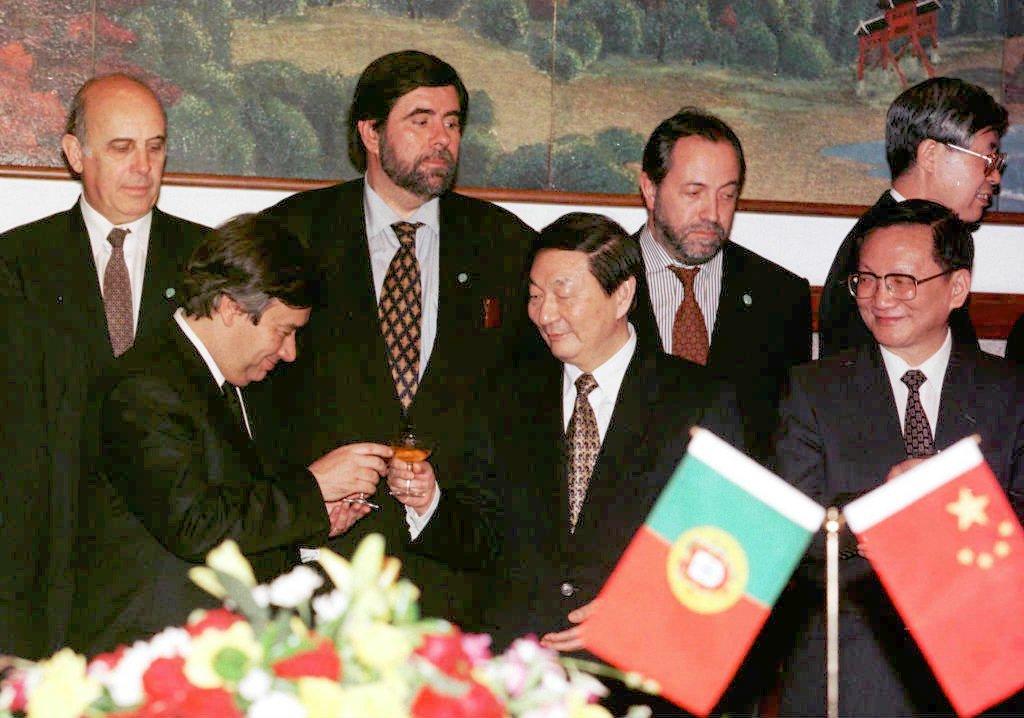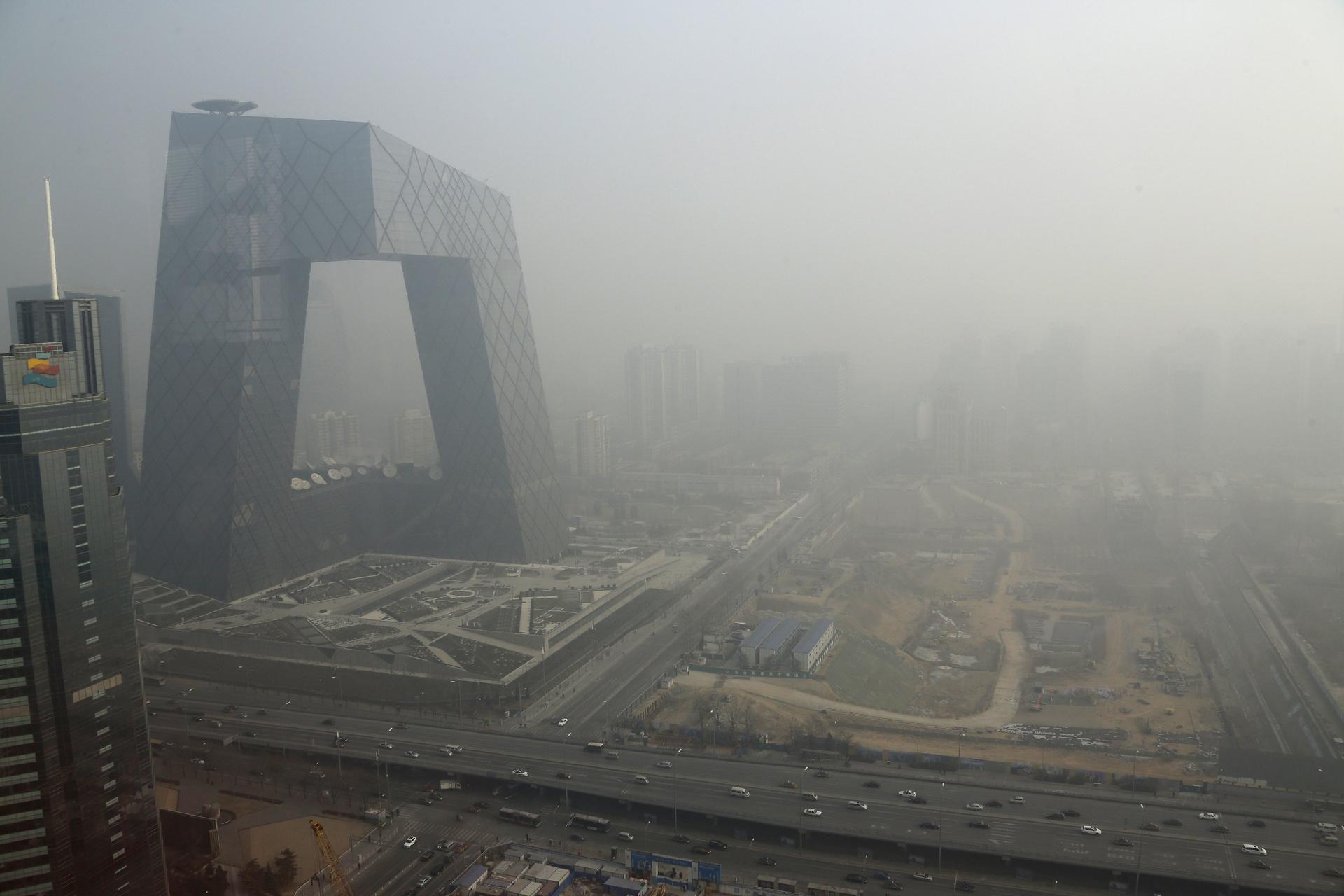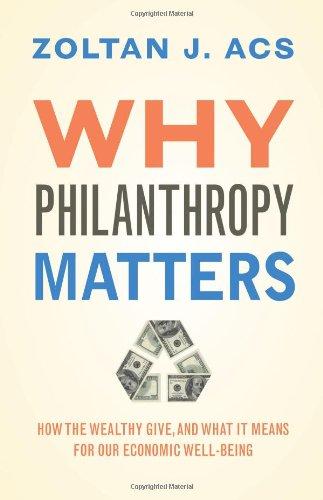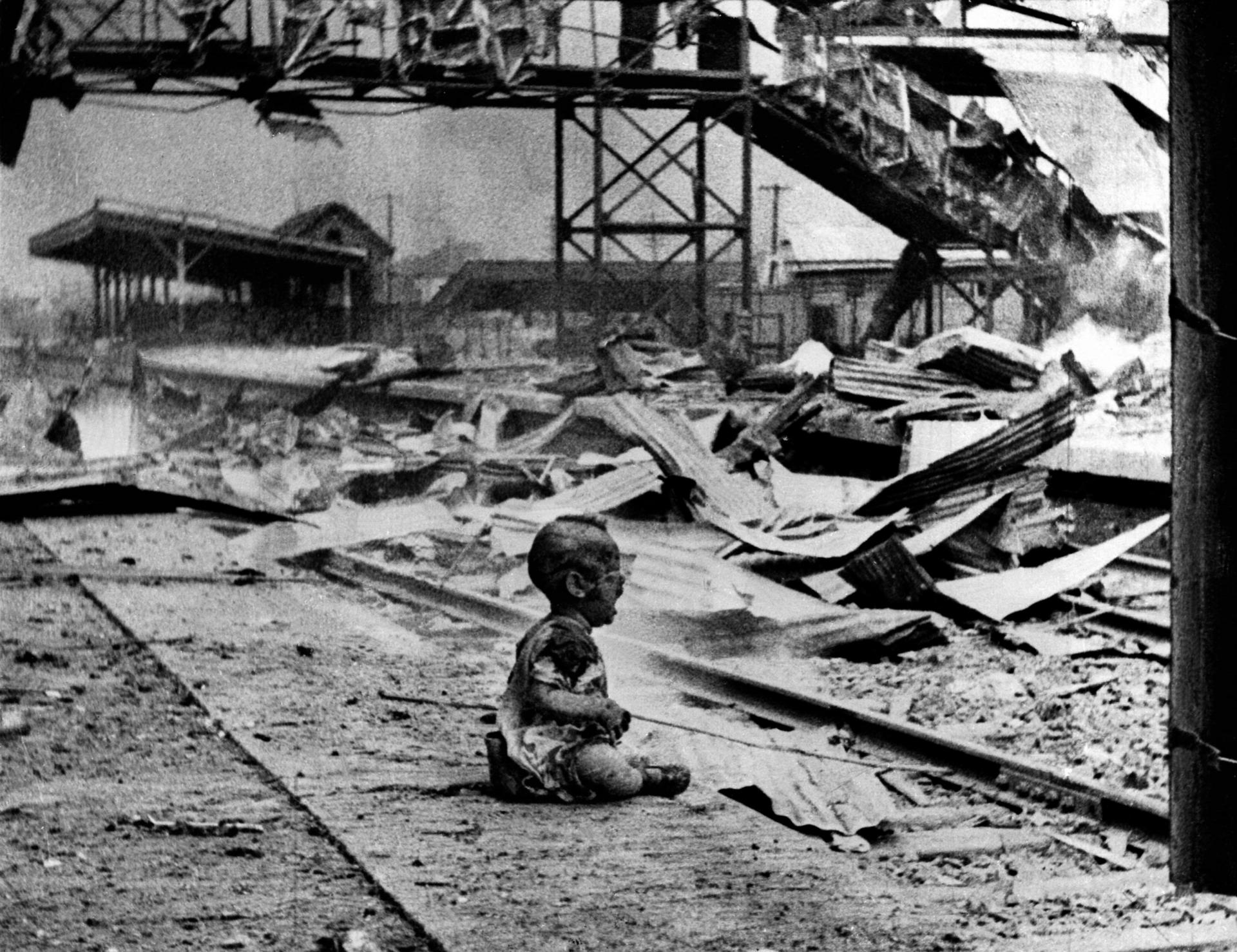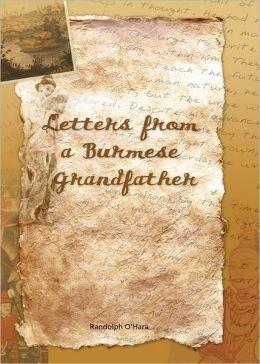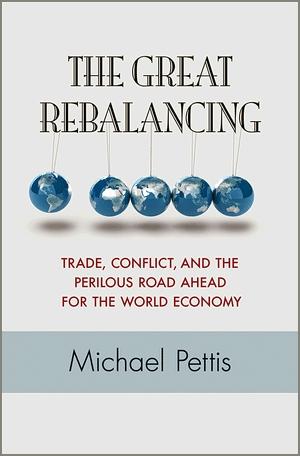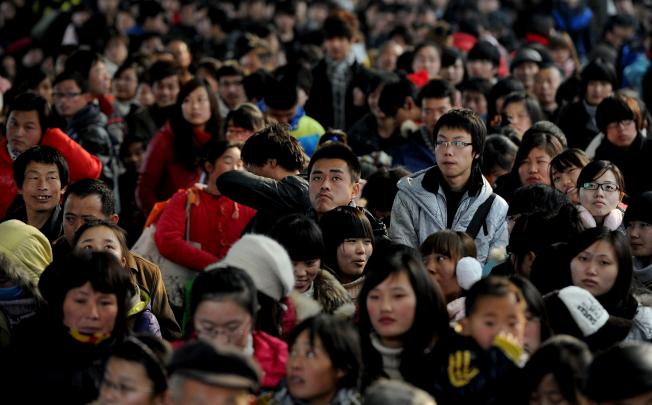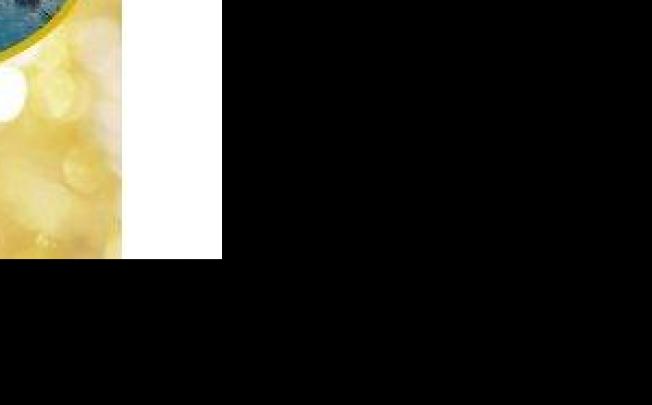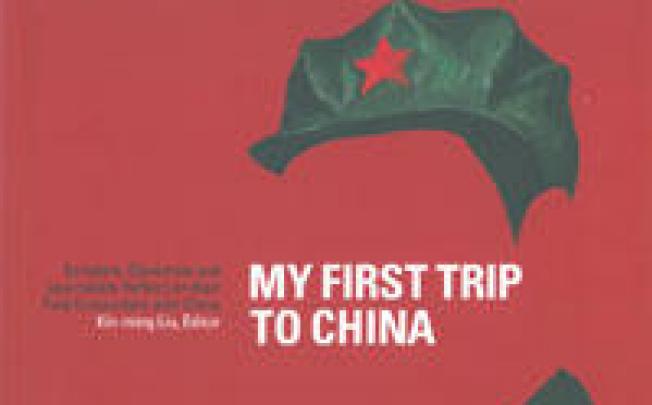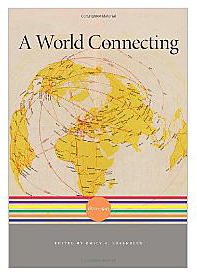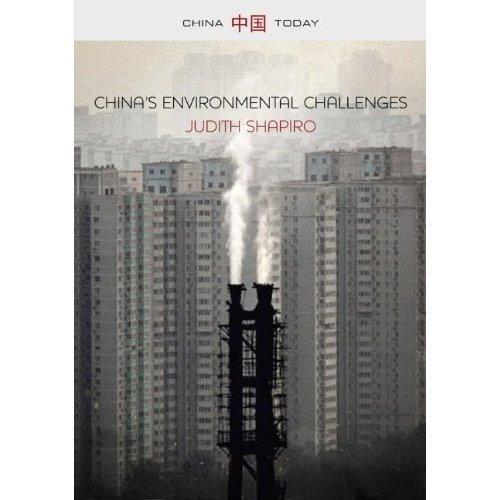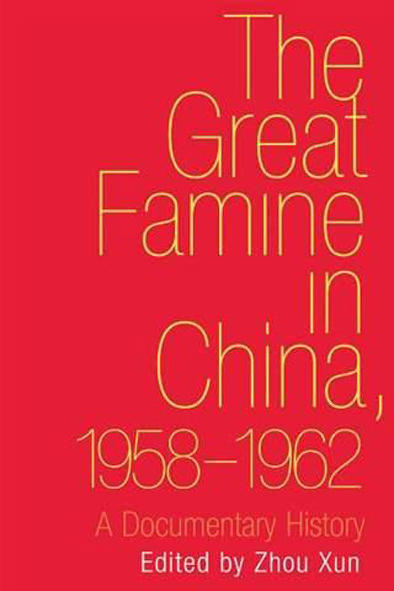Advertisement
Advertisement
Mark O'Neill
China watcher Graham Hutchings’ latest book explores the people and events behind the Chinese civil war to reveal how and why the Communists won in 1949.
Museum displays in Taiwan's oldest city marking social and economic advances under the Japanese would be unthinkable in other places Japan once ruled - but Tainan is different, writes Mark O'Neill. Photos by Antony Dickson
"We all ask God and especially those who live here in China to send a ray from heaven into the soul of this young man, so that he recognises the truth that we preach and opens a wide gate for the spread of His holy law in this great kingdom."
Advertisement
"The sheer magnitude of the rise of China, in the face of America's continued power and global network of alliances, is unprecedented in the history of nations.
In Asia's Cauldron, Robert Kaplan asks if there will be a war between China and the United States over the South China Sea.
Acu, 280 kilometres north of Rio de Janeiro, has been transformed from a seaside village into a huge port with a pier 3.2km-long which can handle Chinese ships that carry 400,000 tonnes of iron ore in a single journey.
Few are the foreign journalists who have visited Tibet. The number is even fewer since the Lhasa riots of March 2008 and the start of self-immolations in 2009, in which more than 40 have died.
This well-written book explains how China could become a model for the world - setting the example the US has failed to provide - based on its ancient philosophy: Confucianism.
"The story you are about to read will have to make do for the conversations we never had … I thank God for the loan of the four souls that were given into my care."
This book is about one of the most extraordinary experiments in human history: Mao Zedong's decision to send 17 million young Chinese from the cities to the countryside during the Cultural Revolution.
The Tragedy of Liberation is a meticulous chronicle of the violence used by China's Communist Party to take and consolidate power over the first eight years of its rule. It puts the civilian death toll from 1949 to 1957 at more than five million.
This book argues that the US must give up leadership of Asia and share power with China, to avoid war and terrible consequences for the world.
"China's Communist Party has become the most powerful organisation in the world, even overtaking the Vatican, whose authority, focused by Pope John Paul II, helped destroy the Soviet empire in the 1980s."
This book is a collection of well-researched and well-argued analyses about Hong Kong since the handover written by experts from the East Asian Institute of the National University of Singapore.
"Northeast China was the first area liberated by the Communist Party during the civil war. Since then, we northeasterners have devoted all our resources to the state without compensation. What came to us after all these sacrifices? Total neglect! Total betrayal!"
In 1985, as Portugal prepared to negotiate the handover of Macau, its foreign ministry did not have a single diplomat who spoke Putonghua nor a department dedicated to its last colony.
This is an authoritative and well-researched book about the future of China by a man working at the centre of Asia's economy for the past 30 years.
This book is a good exposition of the history and development of philanthropy in the United States and its positive effect on education, science, medicine and other fields.
"At that moment I felt that the fire of war had burned its way to the front door of my own home." These were the words of the sixth son of a wealthy Shanghai family when the Japanese army attacked the city in August 1937 in one of the most intense battles of world history.
With the end of the military dictatorship and the possibility Aung San Suu Kyi might become president, Myanmar has become a hot news story.
China will be forced to make a drastic change to its development model that will result in average GDP growth of three per cent or less over 10 years.
This is a lively and readable book about one of the biggest challenges for the mainland's rulers over the next 20 years: how to build well-planned and affordable cities for the one billion people who will live in them by 2030?
This is a book about the Chinese residents of Macau in the 13 years since the handover. During that time, the SAR has been transformed by extraordinary growth in the gaming industry and the population, and by a flood of mainland visitors.
It is 1972 and American lawyer Jerome Cohen is sitting in a Beijing restaurant drinking hot soy milk. Eager to start a conversation, he asks those around him the name of the soup. No-one dares to answer. "Defend the motherland against spies" reads a notice on the wall.
A book for scholars and students, A World Connecting is the first of six volumes that will comprise a history of the world, running from prehistoric times to the present.
This is a well researched and balanced book about one of the great issues of our time - what the world's second-largest economy and biggest emitter of carbon dioxide is doing to its environment and that of the world.

